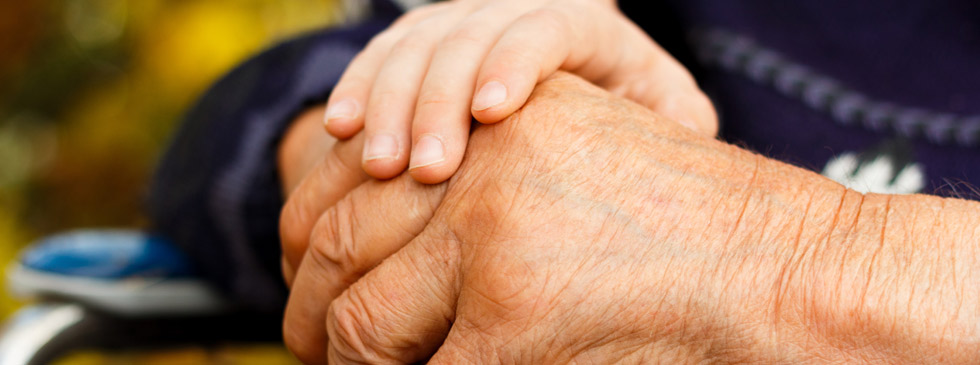The 10 Signs That Seniors Are Not Eating Properly
So how do you know if your senior’s diet fits the bill? These 10 warning signs are red flags that may signal a potential problem:
1. Loss of appetite – If your senior has always been a hearty eater but no longer eats as he or she used to, it’s time to find out why. Underlying illness could be the root cause.
2. Little to no interest in eating out – If your loved one has always loved eating out at a preferred restaurant but no longer shows interest, dig deeper to determine the problem.
3. Depression – Change in appetite is a classic sign of depression. Be sure to follow up with a physician if you suspect depression may be a problem.
4. Sudden weight fluctuation – A weight change – losing or gaining 10 pounds in six months – is another sign that something could be amiss.
5. Expired or spoiled food – Check the refrigerator for expired or spoiled food. Seniors could be “saving” food until it’s no longer safe. Make sure that all food is labeled with the date in large letters and numbers.
6. Skin tone – Observe your senior’s skin tone. If your loved one is eating properly, his or her skin tone should look healthy and well-hydrated.
7. Lethargy – If your loved one has regularly been active and enjoyed taking walks but suddenly becomes lethargic, encourage a visit to the doctor. Poor nutrition could be to blame.
8. Cognitive problems – Seniors who live alone might forget to eat. Dementia and cognitive problems can lead to nutritional deficiencies. Quick intervention is vital.
9. More than three medications – Medication can influence both appetite and weight. Check with your senior’s doctor to find out if medications could be the culprit.
10. A recent illness – Illness or a hospital stay could make a senior stop eating. Keep tabs on your loved one’s recovery, making sure reliable help at home is available.

